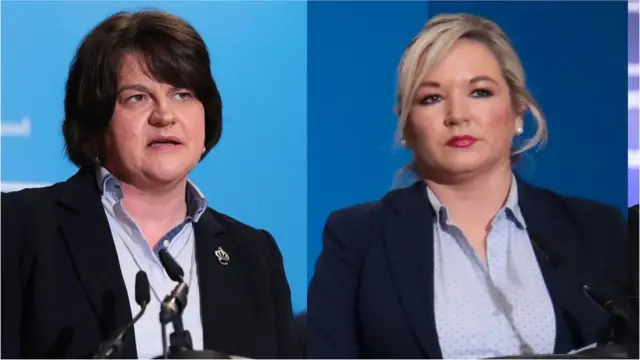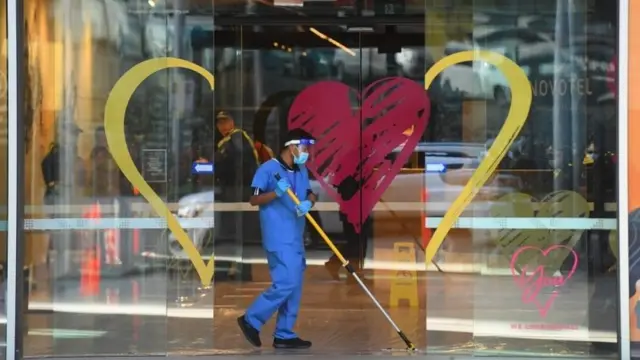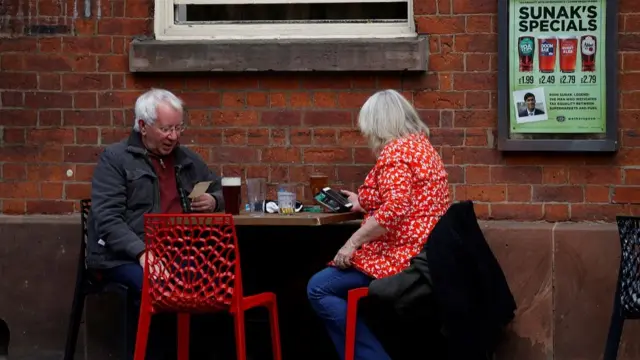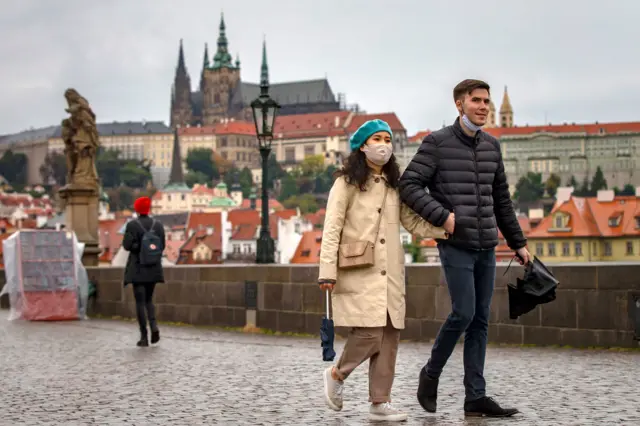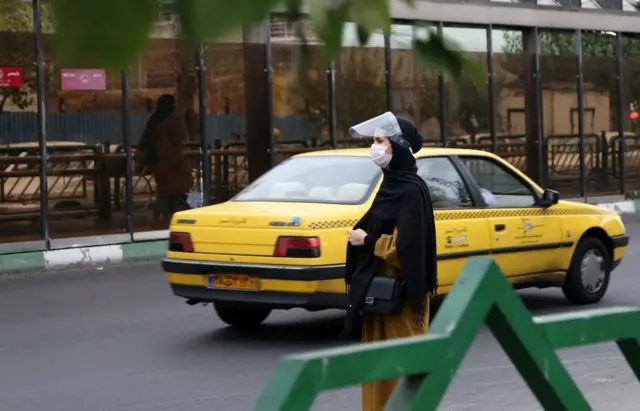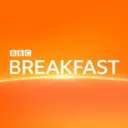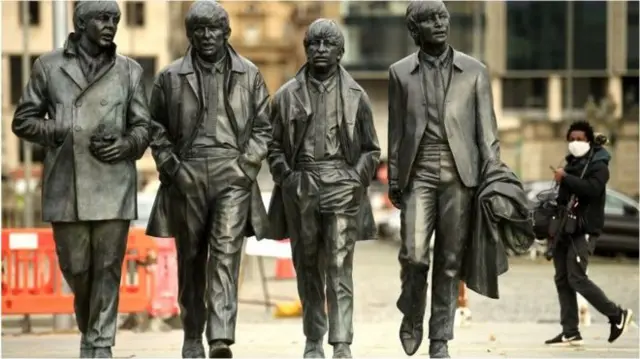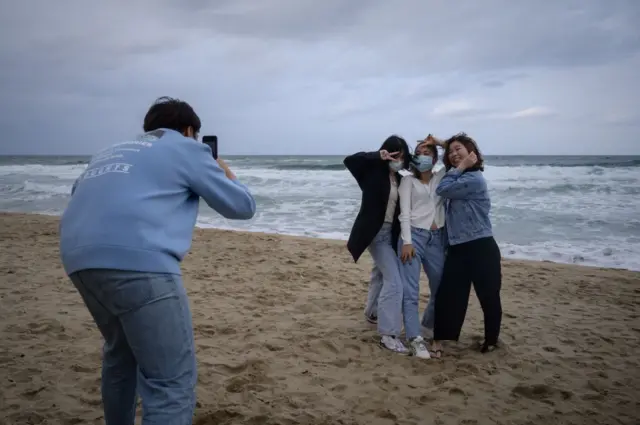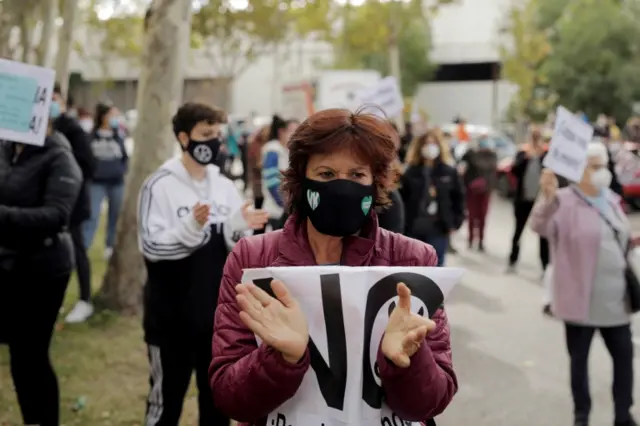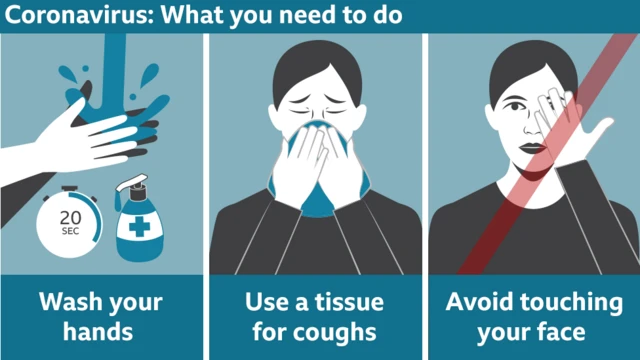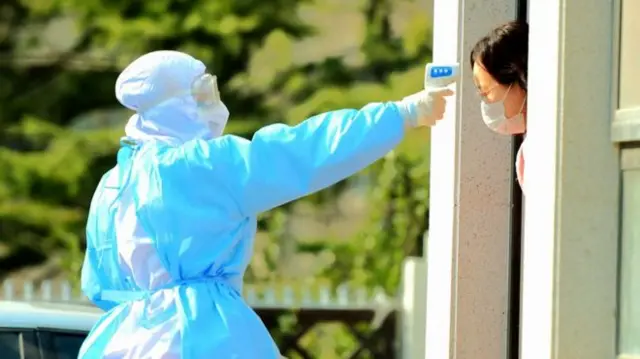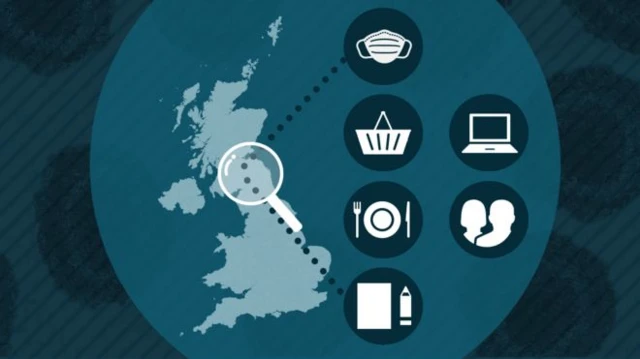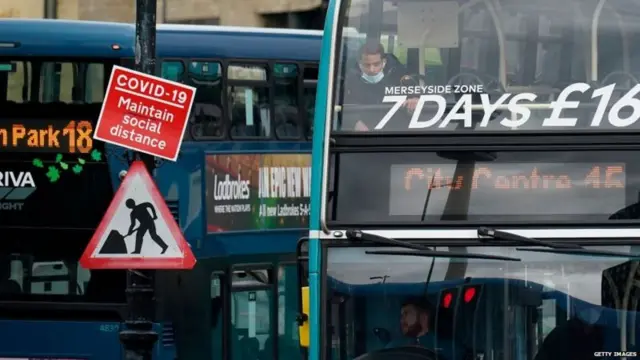Saturday night street scenes amid curfew in Englandpublished at 09:44 BST 12 October 2020
All pubs, bars, restaurants and other hospitality venues in England are required to close at 22:00 BST to try and contain a surge of new coronavirus cases.
But videos on social media showed Saturday night street scenes in some UK cities, including an impromptu game of cricket in London.
Covid UK restrictions: Saturday night street scenes
